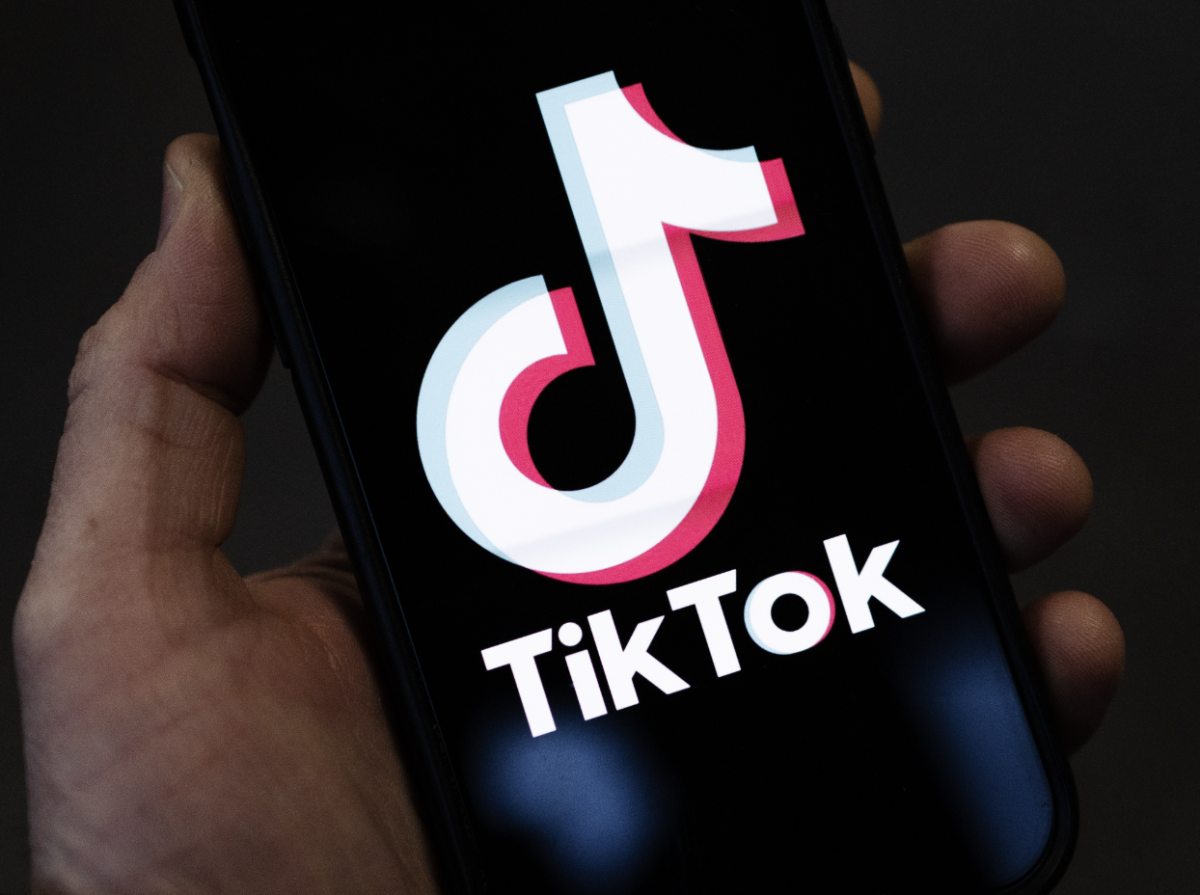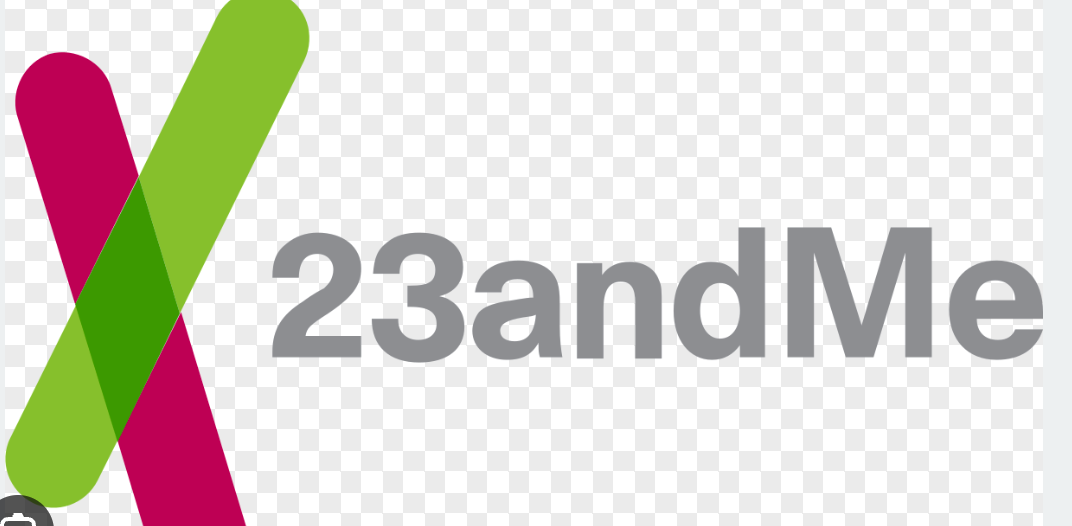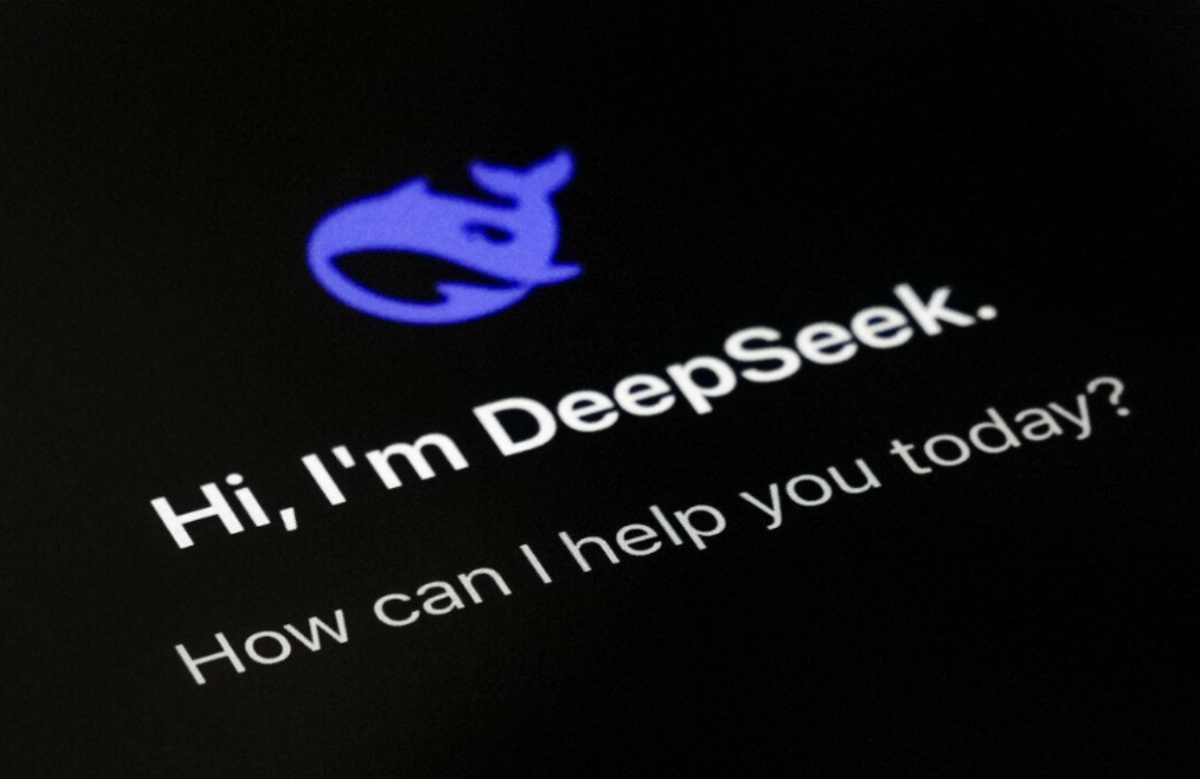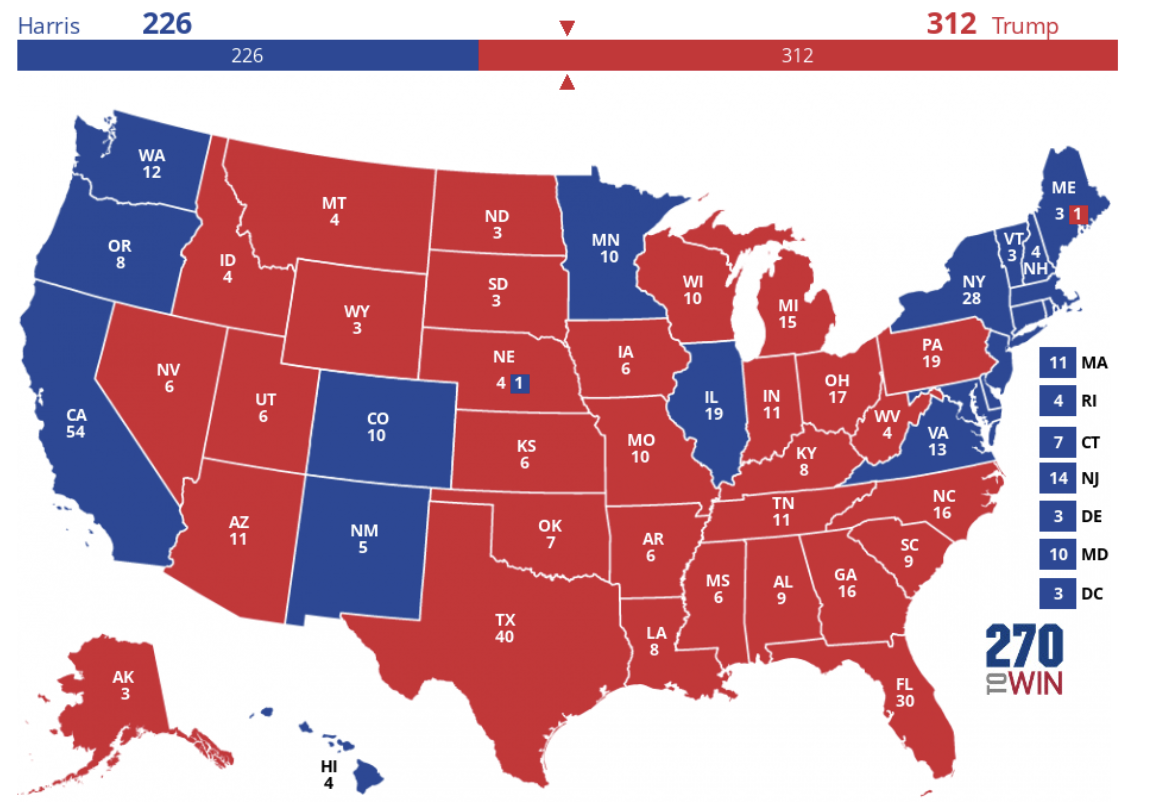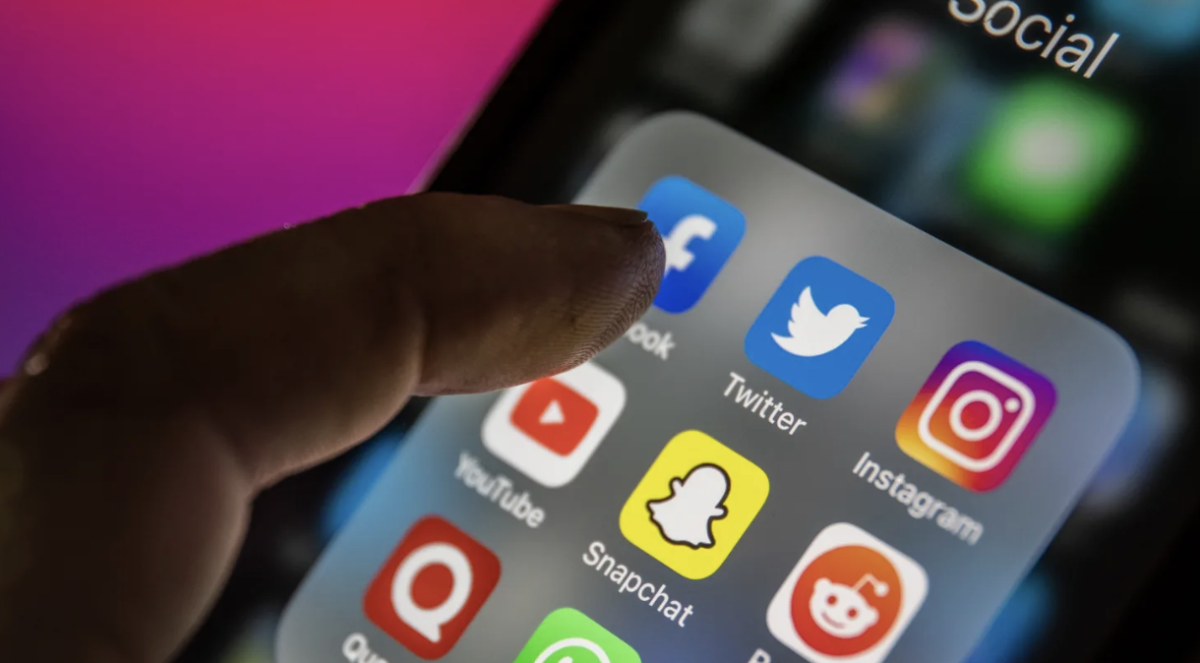Florida lawmakers are advancing a bill that could change a major part of any child’s life, requiring popular social media companies to ban accounts belonging to children under the age of 16.
Teens and children all around the world, regardless of gender or age, spend a majority of their day either scrolling on TikTok or texting their friends on Instagram. Social media has influenced the lives of adolescents everywhere, serving as a platform for social interaction and communication with peers. Teens often turn to social media for entertainment, information, and even validation, shaping their perceptions of societal norms and cultural trends. It allows for self-expression and creativity; however, social media can also be the cause of many issues, such as low self-esteem.
The Florida legislature, choosing to focus on the negative influences of social media, has just passed a bill that would prohibit children under 16 from creating accounts on popular social media platforms, regardless of parent approval.
The Florida bill, titled HB1 “Social Media Use for Minors,” has not yet listed what social media platforms will be banned, but it does focus on platforms that track user activity and allow for children to make posts. Alongside prohibiting new accounts for children under 16, it also requires social media platforms to terminate existing accounts for minors under the set age limit. Furthermore, the bill will require sites to use independent organizations to conduct age verifications when new accounts are created and deny accounts for users who are unable to verify their age.
HB1 was initially created as a way to combat the addictive features of social media, like the features that are intentionally designed to drag users in and push them to become dependent on the app. Although the bill seems like the beginning of a positive change, it has sparked controversy among people around the country, including students and faculty at Westminster.
The majority of the people who are against the ban have argued that it is not only too restrictive but also too sudden. Children have been exposed to social media platforms for too long, and the dopamine spikes that accompany scrolling through hundreds of funny TikToks cannot be stopped cold turkey. Abruptly taking away the familiar entertainment may be too hard for adolescents to adjust to.
Bobby Bryant, an Upper School computer science teacher, believes that the ban may do more harm than good.
“The people who have [social media] are already addicted to it,” said Bryant. “Trying to stop cold turkey is just going to cause frustrations and pushbacks.”
Similarly to Bryant, parents have a few concerns regarding the ban on social media.
“I just feel as if the ban is doing a bit too much,” said Elizabeth Getachew, mother of two Upper School students. “I think it’s up to parents to decide whether or not their children should be on social media.”
The Florida bill proves to be controversial for adults all over the country. Many are wary of the long lasting impacts that it may have. Although the bill may successfully accomplish its goal of lowering harm on the internet and controlling addiction for teens, the transition may actually harm students and family dynamics in Florida.
Alongside adults, the recent news has sparked a hot debate for teens across the country. Many teens are against the idea of having their most familiar form of entertainment taken away. However, reasons may be deeper than just this.
Social media platforms serve as a way for both introverted and extroverted teens to connect with people from diverse backgrounds and learn more about different cultures. It can also help boost confidence by giving a voice to children to demonstrate their hobbies and talents.
Nikki Chilom, an eighth grade student, has used popular social media platforms to share her passion of debate with students all over the world.
“I’ve met so many interesting peers through social media and have learned so much more from them,” said Chilom.
Other teens believe that banning social media may actually help change their lives.
“I personally think that if there was a social media ban for all, I would definitely use my phone less,” said Andrew Yuan, a sophomore. “My phone is the main contributor to my lack of productivity. I wish I didn’t use it so often.”
Though there are mixed opinions regarding HB1, it seems that the bill will continue its way toward being a recognized law if Florida governor Ron DeSantis signs it.. The transition will prove to be a challenge for all, and its impacts are yet to be seen.
Edited by Ayan Chaganthi
